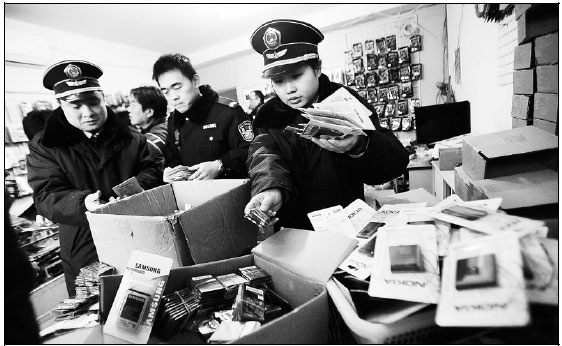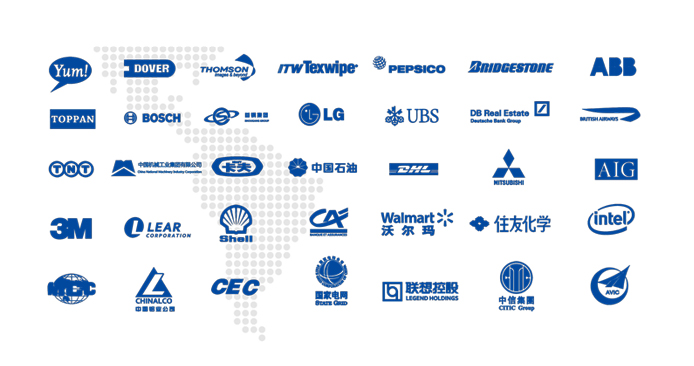Online platforms fight fakes
( China Daily )
Chinese online retailers have stepped up efforts to crack down on counterfeit products sold by third-party vendors on their online marketplaces.
Online discounter Pinduoduo Inc has been criticized in the media for selling low-priced knockoffs that resemble products made by well-known manufacturers, since its initial public offering in the United States in late July. The scathing reports have attracted the attention of China's market watchdog, the State Administration for Market Regulation.
The authority announced in August that Pinduoduo should strengthen its platform management, and regulate business activities of third-party vendors to maintain fair competition.
The regulator has told the Shanghai Administration for Industry and Commerce, as well as other regulators, to investigate the Pinduoduo allegations.
It also said it would step up efforts to combat the manufacture and sale of counterfeit or substandard goods, including products that try to pass themselves off as well-known brands.
Huang Zheng, Pinduoduo CEO, said his company will thoroughly rectify and reform its conduct, cooperate with regulators and not shirk its responsibilities.
"Fighting counterfeits is a long-term process. We have learned a lot from the likes of Alibaba, and imposed stricter fines on unlawful merchants," Huang added.

The company has removed more than 10 million items from its platform, due to counterfeiting concerns, as well as blocking over 40 million links to goods suspected of being pirated.
It is working with more than 400 brands to fight counterfeiters, and has a 150 million yuan ($21.68 million) fund for reimbursing consumers who bought fake products.
Chinese internet companies, including Alibaba, JD, Suning and Meituan-Dianping, made promises on Wednesday, saying they are determined not to manufacture and sell counterfeit products, evade taxes, mislead, cheat or threaten consumers to delete and revise after-sale evaluations. Moreover, they jointly signed a convention to fight against false advertisements and reject scalping behaviors.
More than 240,000 stores on Taobao, an online marketplace run by Alibaba, were closed last year on suspicion of intellectual property infringement, compared with 180,000 in 2016, according to Alibaba's 2017 annual report on intellectual property rights protection.
Zheng Junfang, Alibaba's chief platform governance officer, said: "Ninety-five percent of IP complaints were processed within 24 hours. Compared with 2016, the processing time has fallen by 68 percent."
JD, meanwhile, has adopted a zero-tolerance attitude toward fake products sold on its online shopping platform, and has taken widespread action to ensure consumers can buy high-quality and authentic goods.
Third-party vendors are greenlit to sell products on JD only after a thorough review process. It also cooperates with third-party testing organizations to carry out regular checks on goods to ensure their quality.
Both the firms are also deploying their latest tech tools, such as artificial intelligence and big data technology.
Li Junhui, an intellectual property researcher at the China University of Political Science and Law, said: "Only through cooperation among multiple parties can we stop the circulation of counterfeit goods from source and prevent them from endangering the market order and harming the legitimate rights and interests of consumers."
fanfeifei@chinadaily.com.cn
|
Law enforcement officers find a large number of counterfeit mobile phone batteries from a Taobao retailer hidden in a residential community in Shanghai. Provided to China Daily |
(China Daily 10/12/2018 page16)

 The Area with Six Parks
The Area with Six Parks Global Top 500
Global Top 500